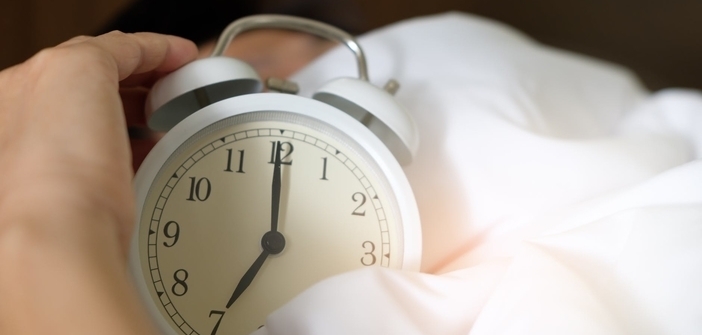All studies agree: nights in France are shorter than they used to be. This is not just another debate on daylight saving time but rather a scientific reality: the French are sleeping less and less. In 50 years, the average duration of a night’s sleep in France has decreased from about 8 hours to 6 hours and 30 minutes. Some causes have been identified. As for the consequences, they could prove more significant than expected, particularly on our health.
Sleeping less: what are the risks?
Sleeping less than seven hours per night: this is where the French currently stand with their sleep. A study by Santé Publique France reveals this very precise duration of 6 hours and 32 minutes for a weeknight, which is another reduction of 10 minutes compared to their last survey in 2017. Conclusion? We have never slept so little… Although this duration increases to about 7 hours and 10 minutes during weekends and rest periods, it still isn’t enough. Indeed, our metabolism needs a bit more than 7 hours to complete a full recovery cycle.
This reduction in sleep duration has the same consequences on our health as a decrease in the quality of our sleep. Sleeping little increases the risks of hypertension, heart attack, stroke, obesity, and back pain. Not to mention the increasing risk of accidents due to reduced vigilance and the relational impact since lack of sleep also increases irritability.
This strong and enduring trend of reducing our sleep time finds its reasons in the profound transformation of our societies. The same phenomenon is observed in all countries with similar economic and societal models: from Brazil to Australia, from China to the USA. Of course, cities and their high noise levels are blamed. Obviously, screens, their allure, and their number complicate matters, especially for the younger ones. But there are also changes in work organization that contribute to this phenomenon: night work has continued to increase over the past 30 years.
Sleep: A health asset?
Lifestyles have also changed: we go to bed later but still wake up just as early. For some, sleep is even becoming a waste of time, an obstacle to performance… Yet it’s quite the opposite. Restorative, sleep not only allows the body to regenerate and carry out its natural cycles but is also the best intellectual stimulant, particularly regarding memorization and reactivity.
Generally, sleeping well ensures good hygiene and good health (learn more). Therefore, we need to ask ourselves these two questions: “What prevents me from sleeping better? What could help me improve my sleep quality?” Bedding, room lighting and temperature, screen usage 1 to 2 hours before sleeping: several easily accessible levers can help achieve better sleep quality. This usually corresponds to a better quality of life.
Moreover, a trend is increasingly emerging, linked to the general need for well-being: the appreciation of sleep. While sleeping was not too long ago considered the epitome of unproductive activity, the nap is making its way into some companies, allowing employees a break and enabling them to be more productive afterward.
Quality of sleep is now discussed in all areas of personal development. Sleep is becoming a secret weapon for athletes, a beauty secret, an essential health asset… In a context where sleeping is becoming increasingly difficult, sleep is becoming more than just a goal. It is becoming a true value.


